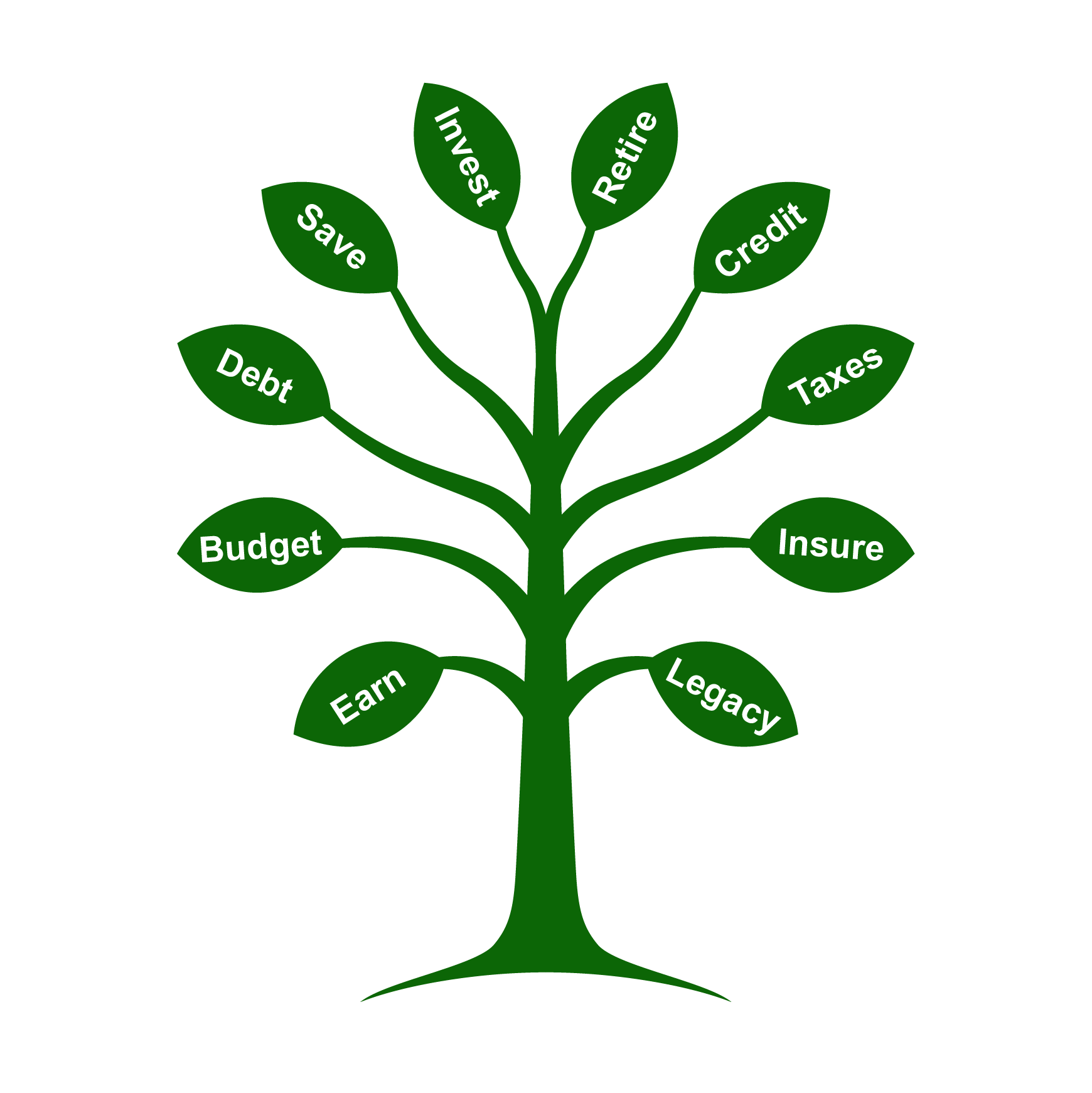Want to Feel Happier and Wealthier ? Get Off the Hedonic Treadmill

“Money has never made man happy, nor will it, there is nothing in its nature to produce happiness. The more of it one has the more one wants.”
– Benjamin Franklin
Hedonic adaptation, also called the hedonic treadmill, explains the tendency to emotionally adjust to positive events such that the happiness they initially bring wears off over time, leaving us perpetually chasing the next quick fix to try to get back those good feelings. One explanation for this all-too-common phenomenon is that we have an internal happiness set point that we all eventually recalibrate to — no matter what happens in our lives.
“If only I could land that big promotion, or lose weight or buy a boat — then I’ll finally be happy.” If you understand and accept the idea of hedonic adaptation, you’ll realize that none of these scenarios is likely to pan out. Having realistic expectations about the effect that desirable events will have on your happiness (which is limited) can help you better appreciate them for what they are versus what they’re not (that is a panacea).
Yeah, but if I could just win the lottery…
OK, so maybe a new car won’t make me happy, but what about something really big, like winning the lottery? Wouldn’t that solve all my problems? Science says, not so much. Apparently, even something as momentous as winning a jackpot and getting rich overnight isn’t a sure path to perpetual happiness. An often-quoted study found that over time, a group of 22 lottery winners was, in fact, ultimately no happier than another group of 22 controls. According to the authors, contrast and habituation explain this startling finding — ordinary pleasures were apparently in such contrast with the “peak experience” of winning the lottery that they simply became less pleasurable over time as the winners gradually habituated to their higher levels of newfound happiness. A follow-up study showed that this happiness differential was not due to any preexisting personality difference between lottery ticket purchasers and non-purchasers.
So, if even winning the lottery can’t make us happy in the long term, is there any hope?
In fact, there is. One study suggests that two things can help prolong and amplify the positive emotional impact derived from positive experiences: variety and appreciation. According to happiness researchers Kennon Sheldon and Sonja Lyubomirsky, injecting a little novelty into positive life changes and making a conscious decision to savor the good things can help get us off the hedonic treadmill — or at least slow it down a bit. So take that new car to new places with new people and maybe perform a little gratitude exercise when you park it by the lake to make the love for your new ride linger longer.
And remember, there’s a silver lining to this phenomenon: If good things don’t automatically make us happy, it also means the bad stuff probably won’t keep you down for very long either.
Sources:
https://www.ncbi.nlm.nih.gov/pubmed/690806
https://www.psychologytoday.com/us/blog/the-science-success/201208/how-keep-happiness-fading


